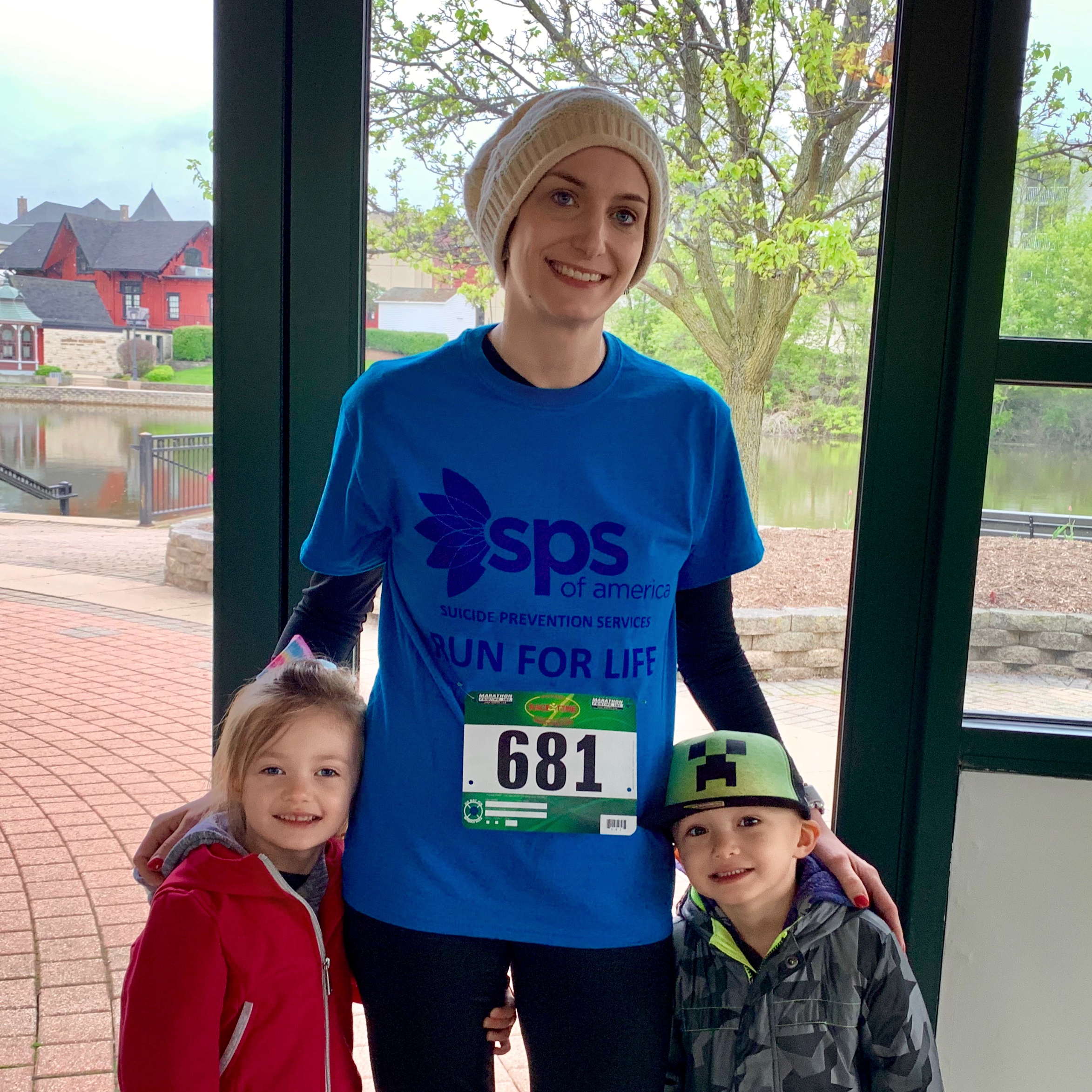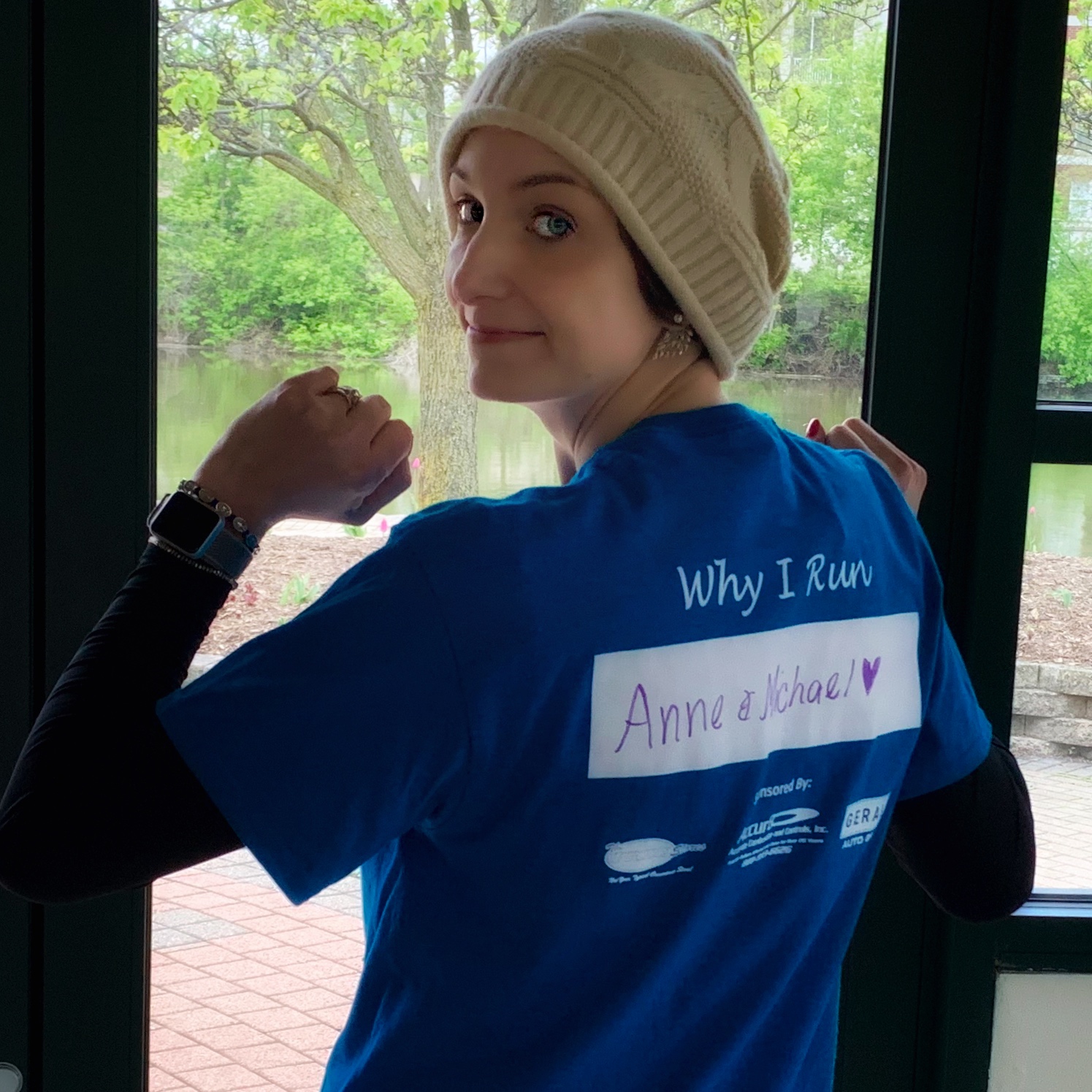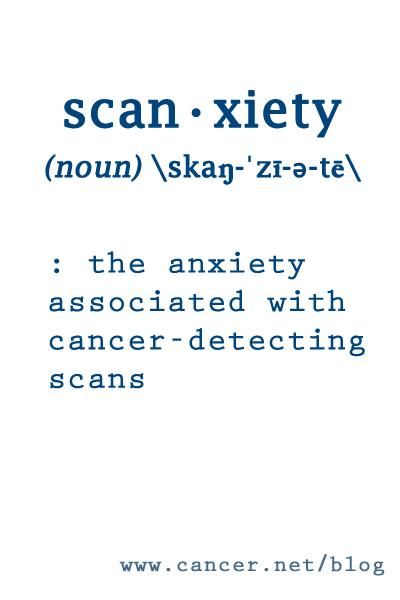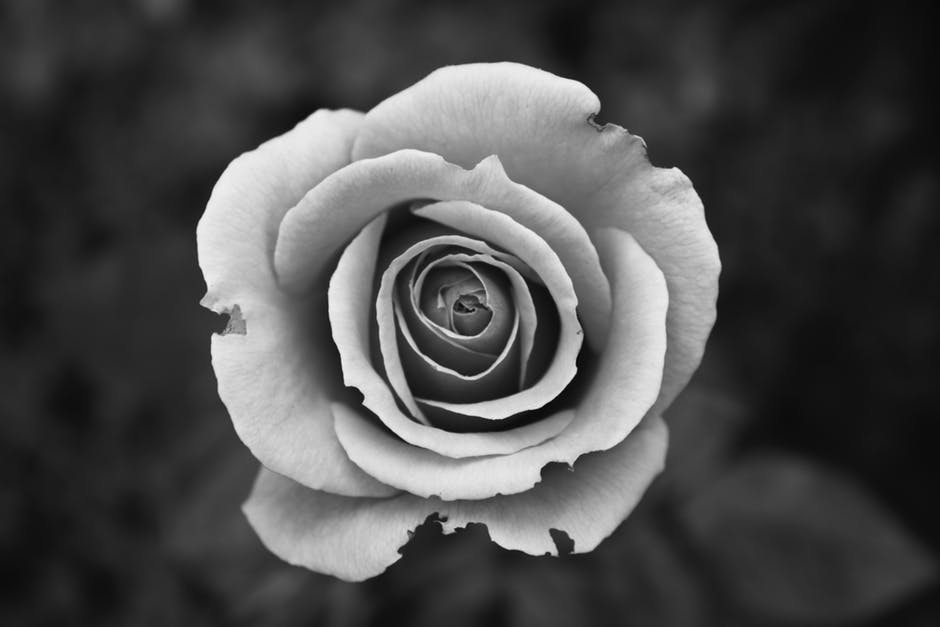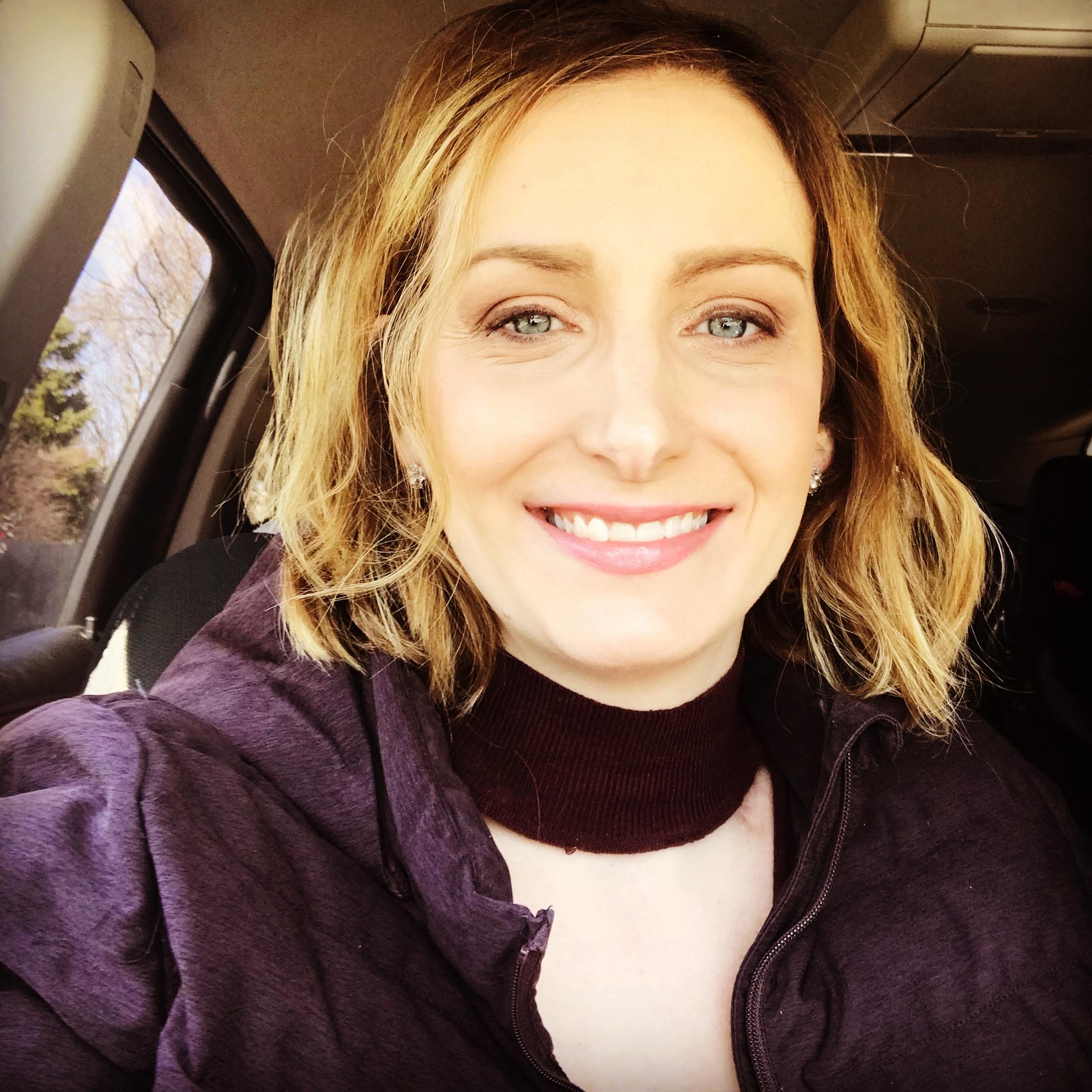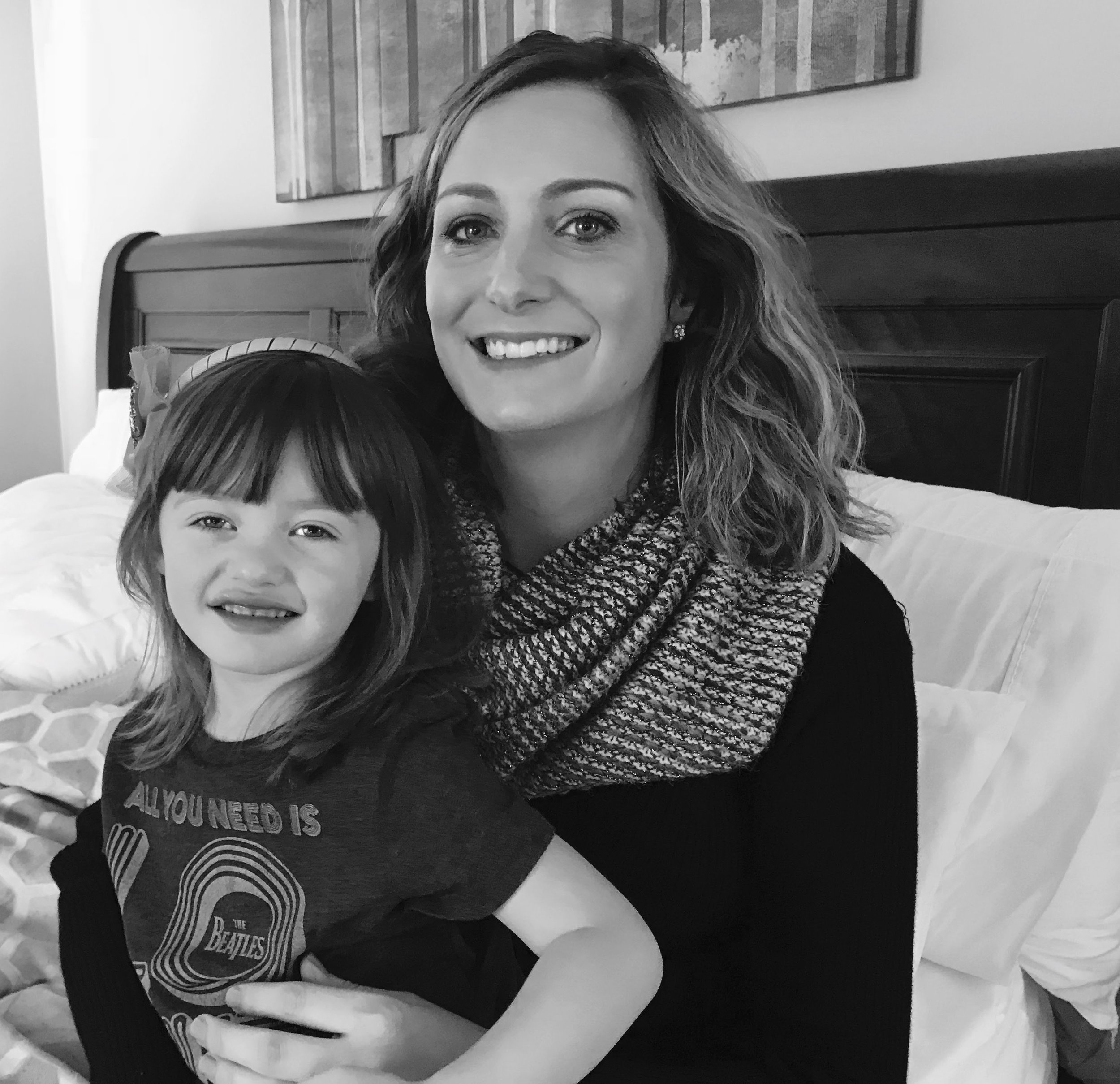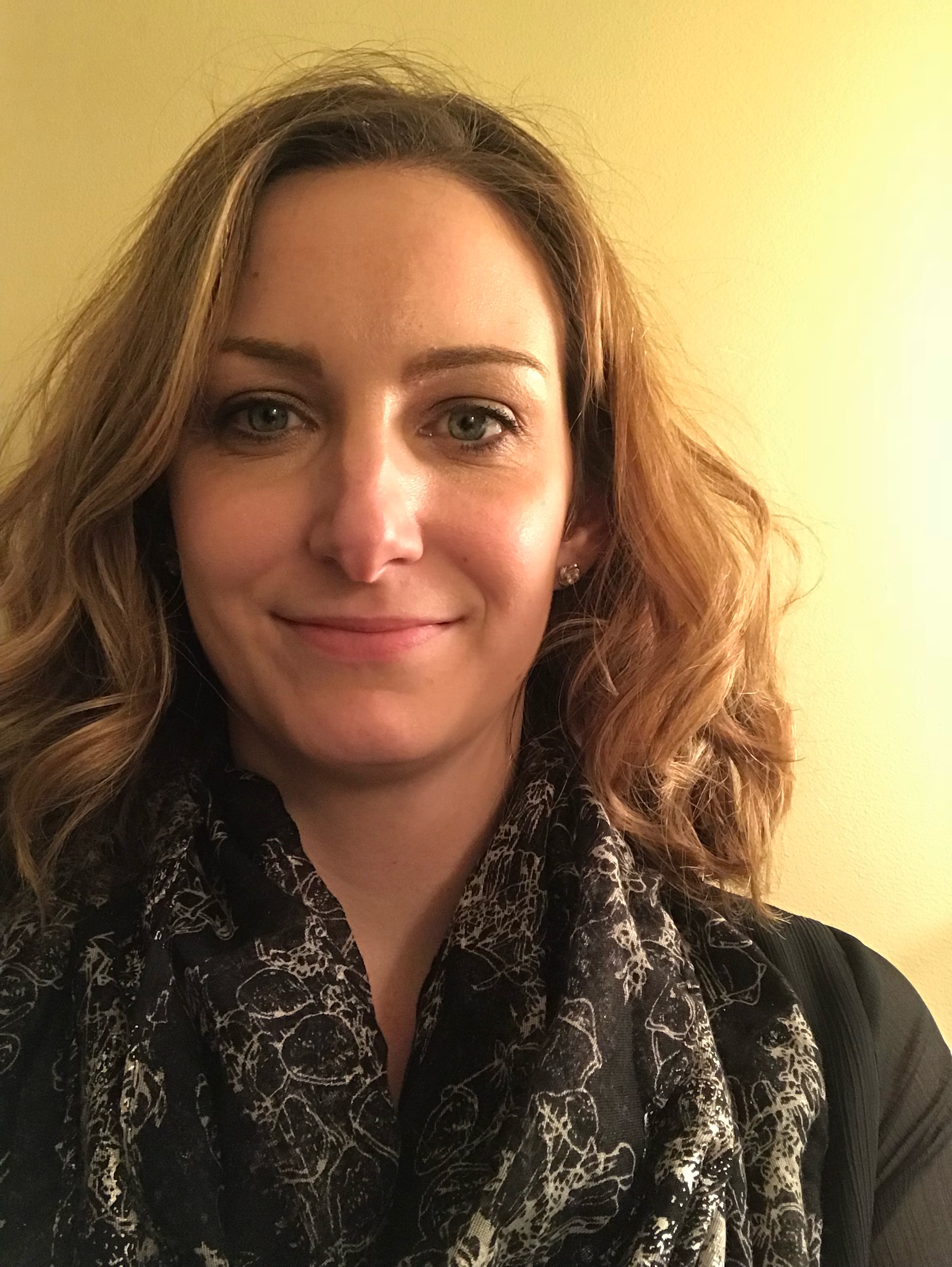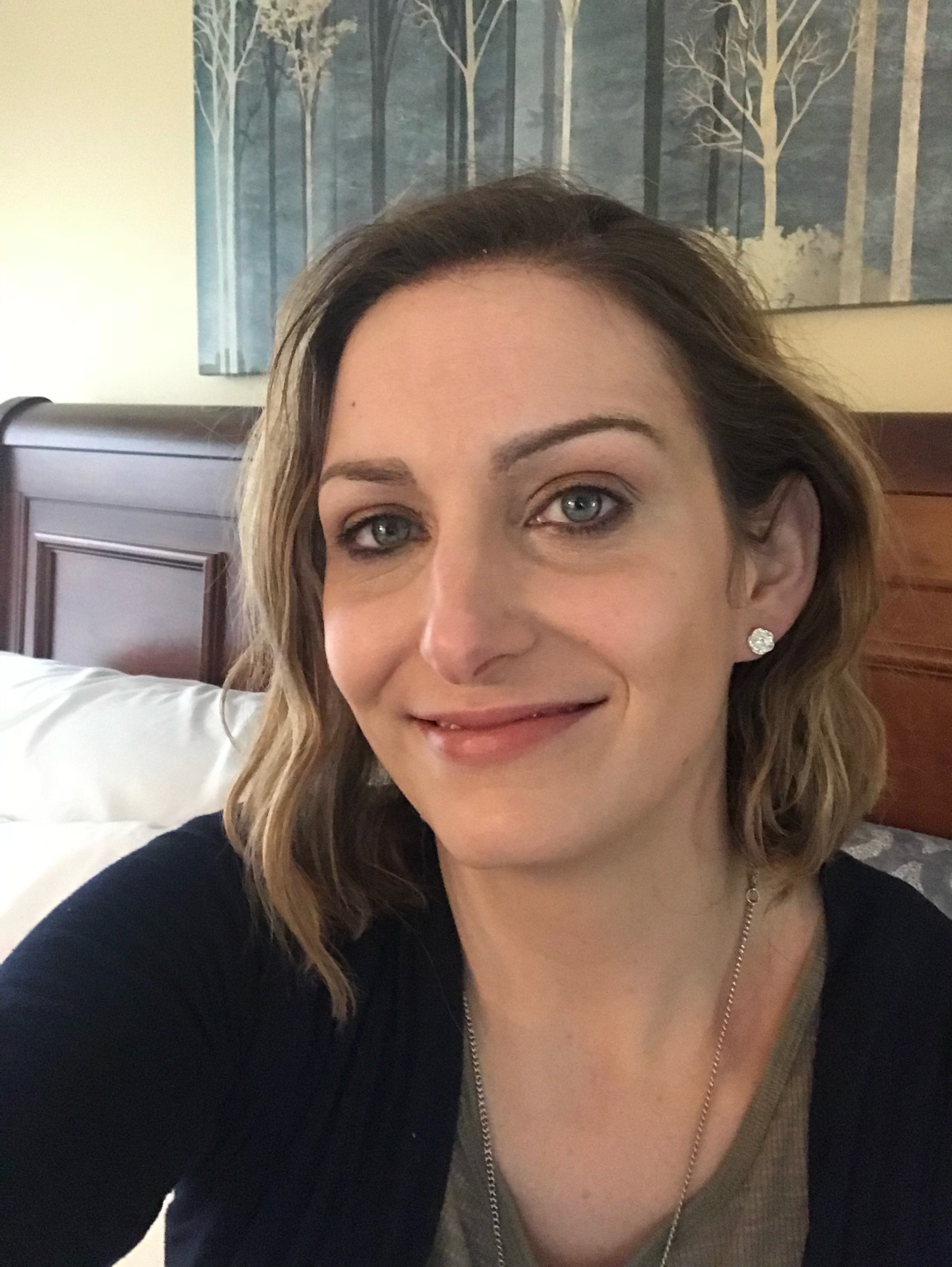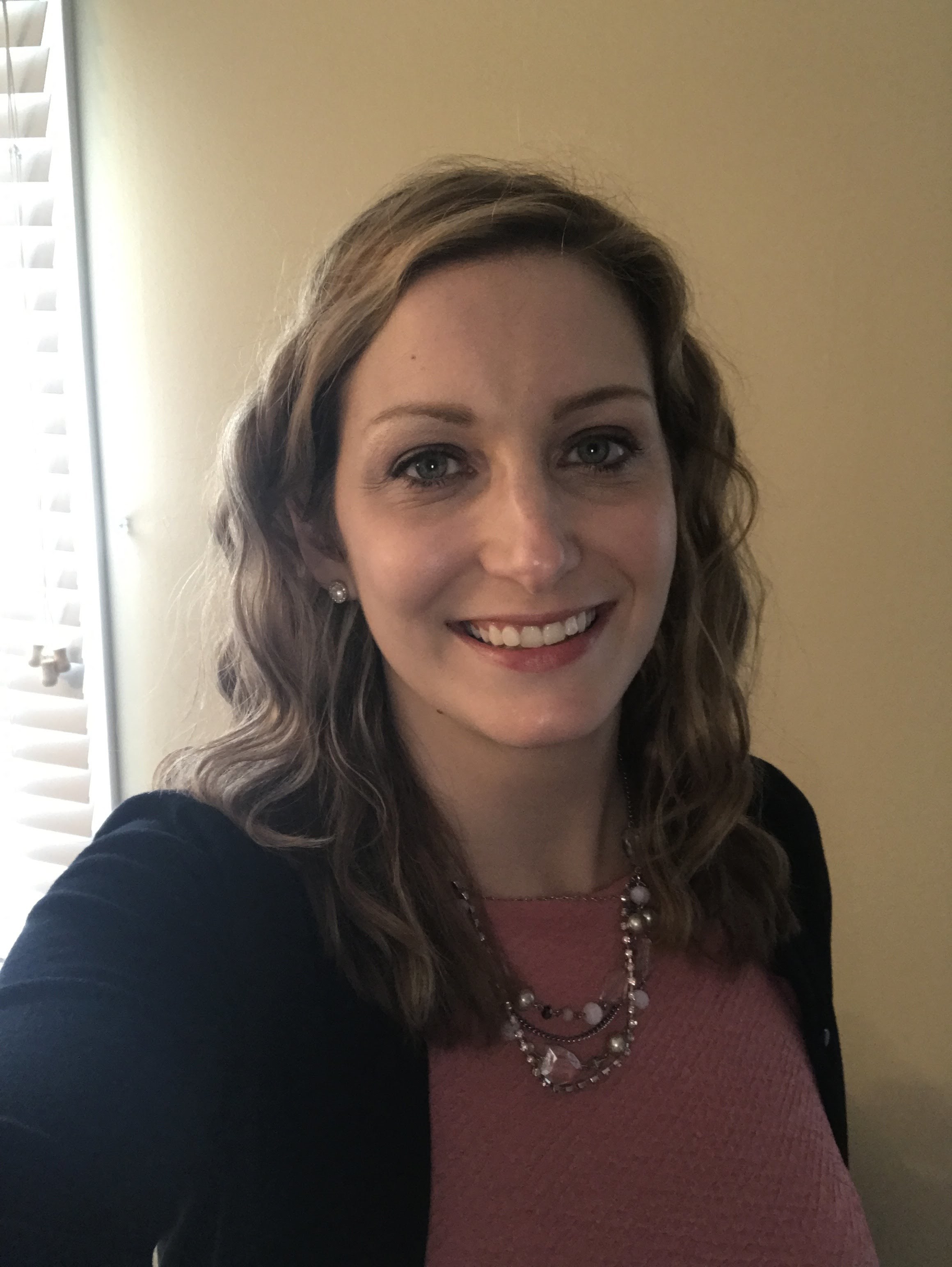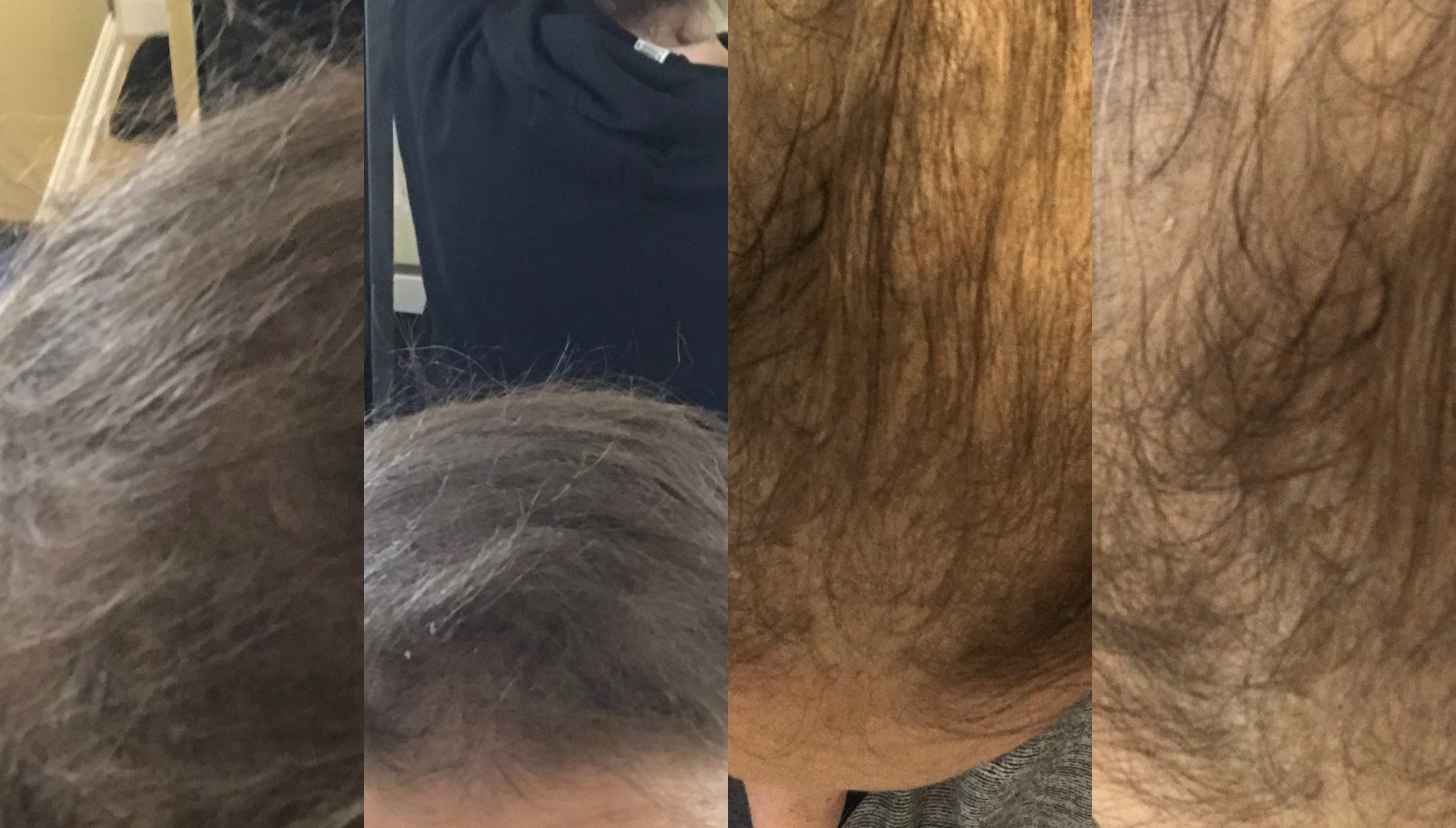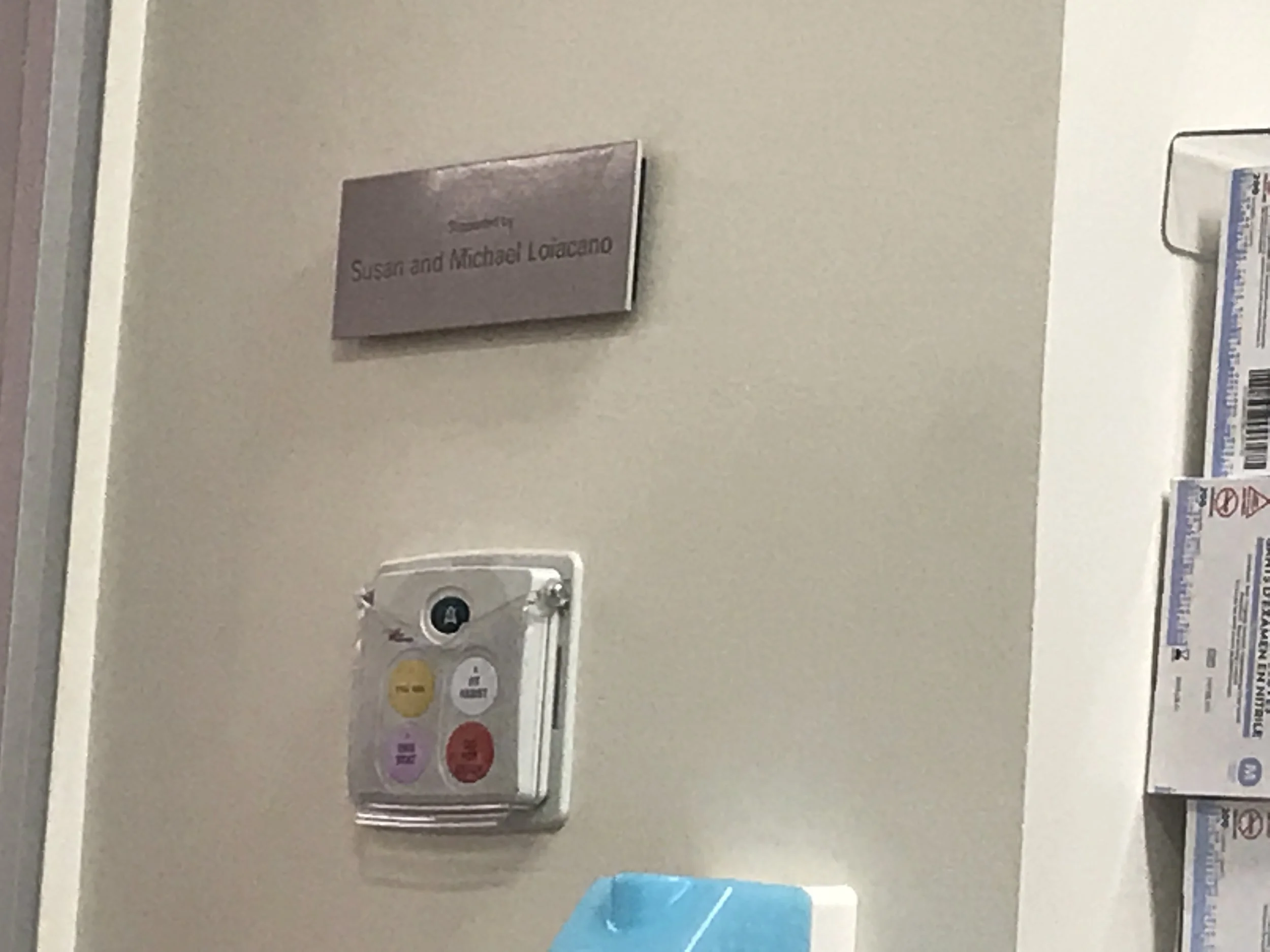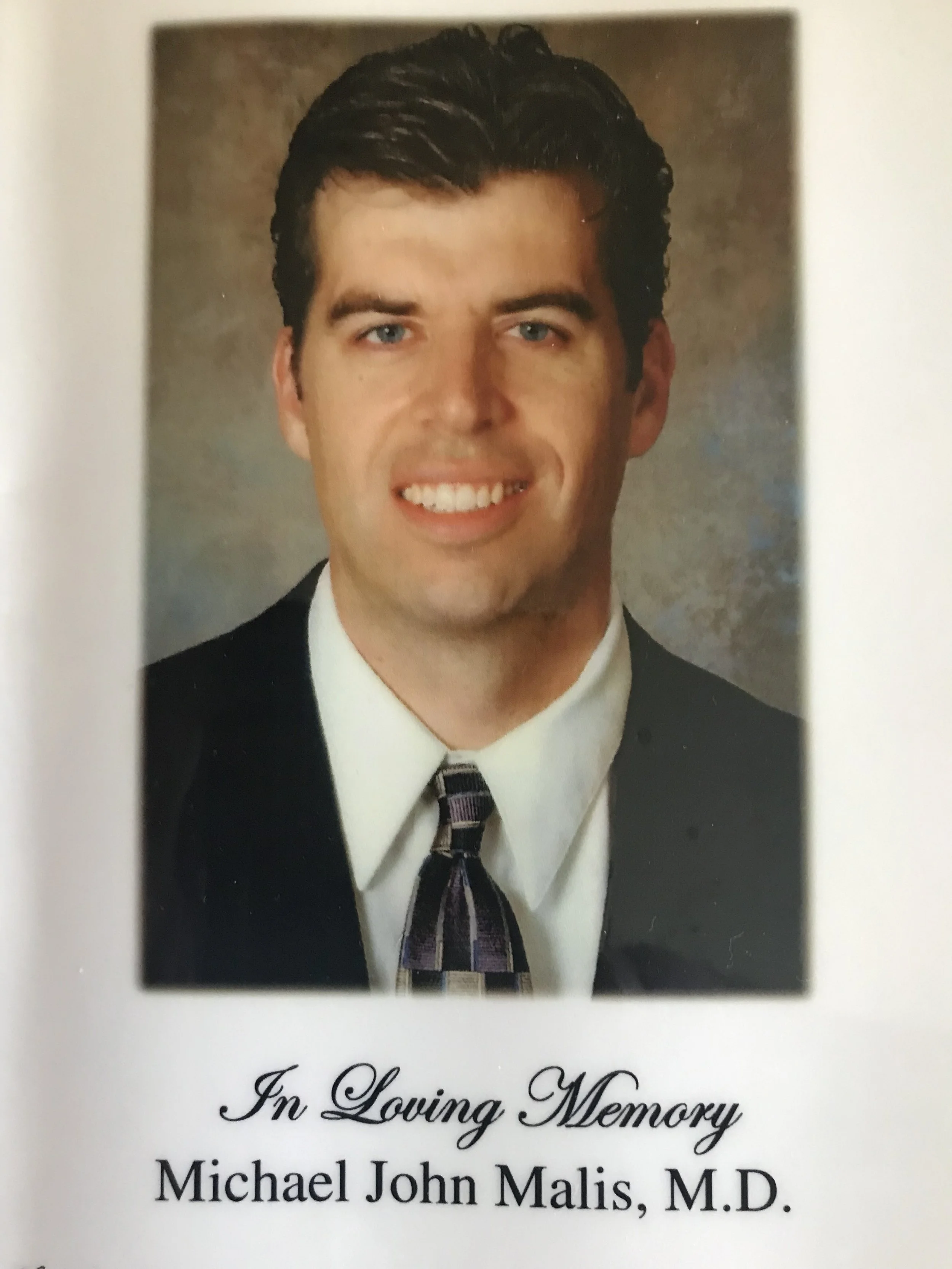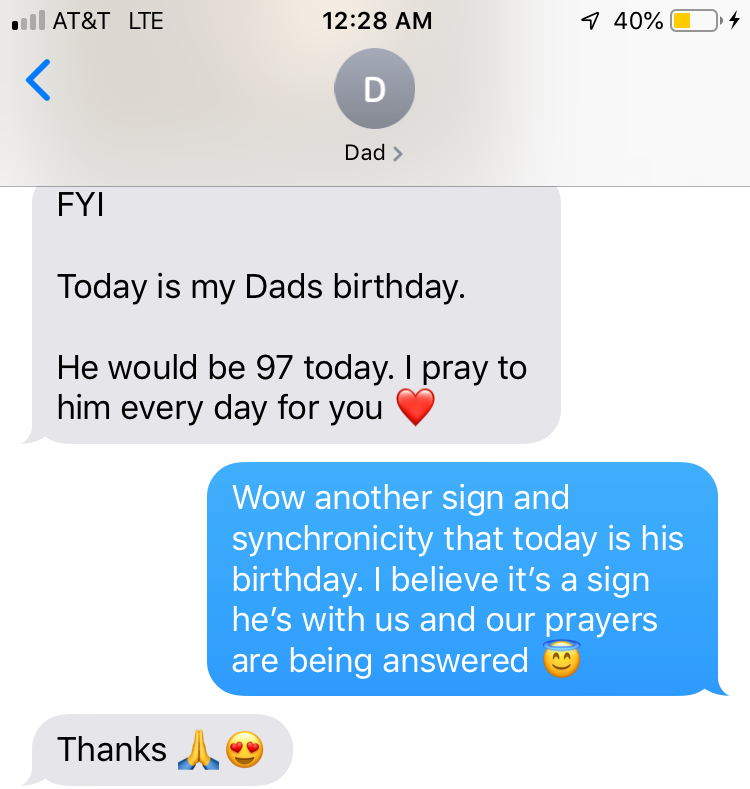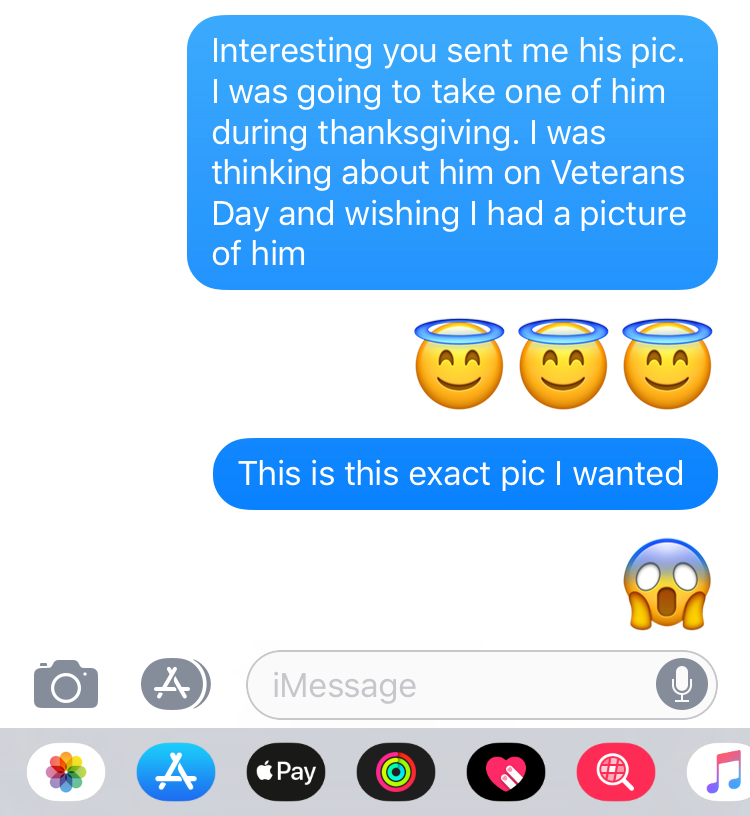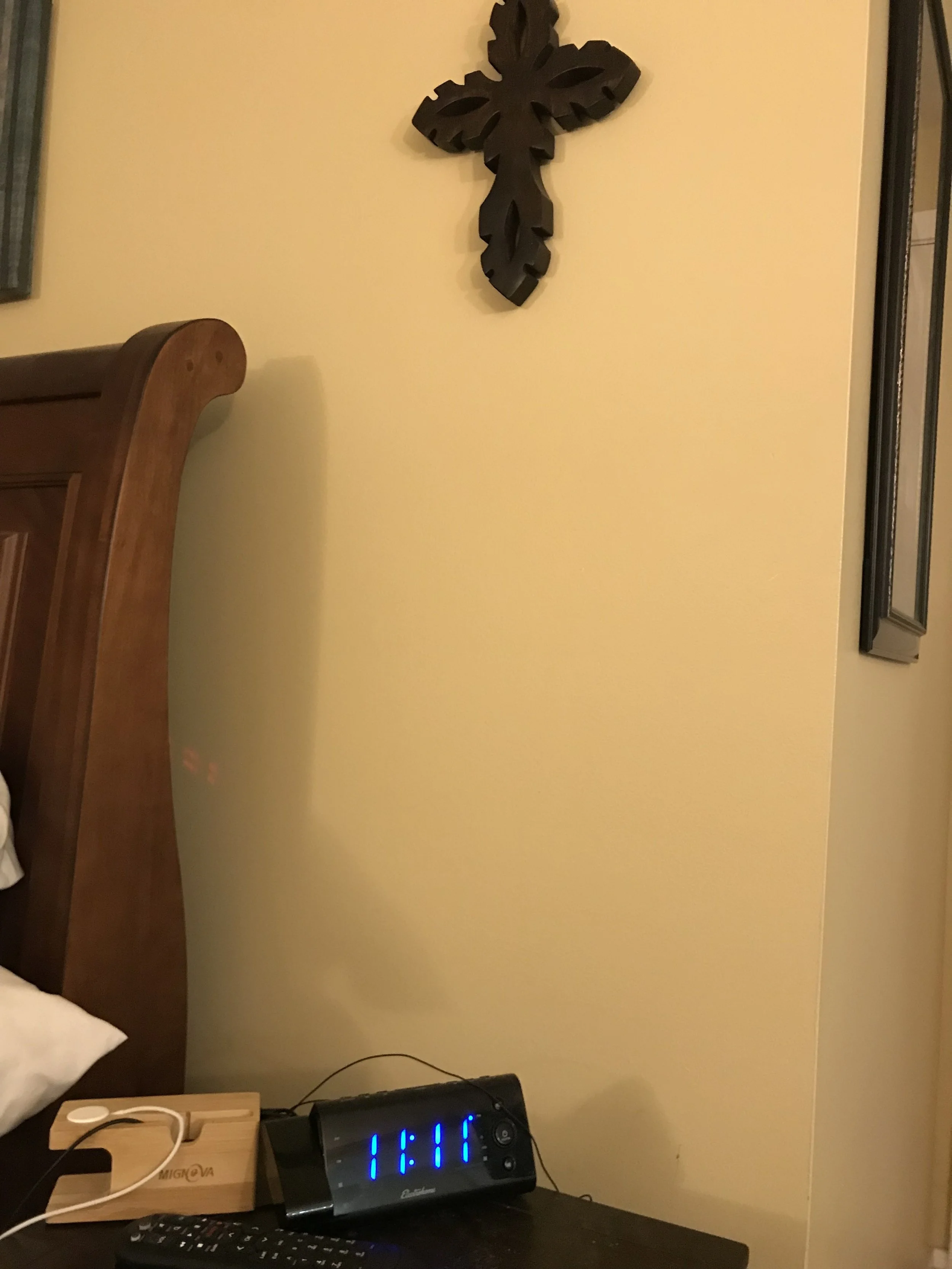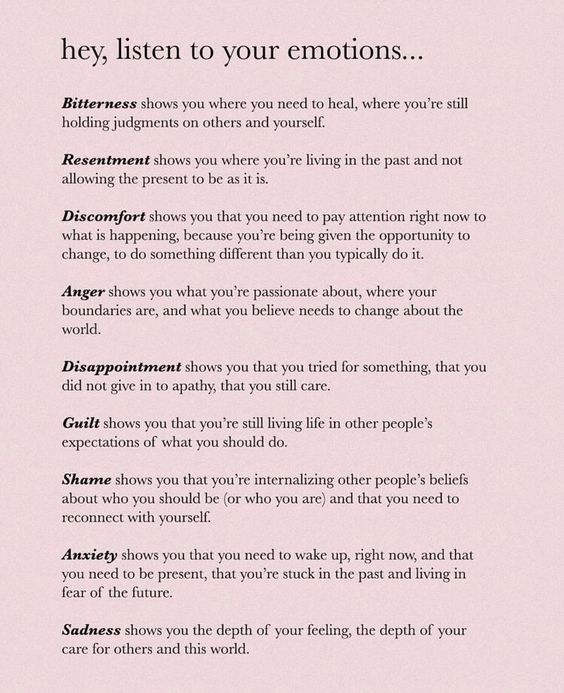As the wind and rain scatter seeds that bloom into flowers, spring is a time for growth, renewal and the celebration of life.
Springtime, especially the month of May, has always been a special time for me and my family. From meeting my husband to birthing my twins and going into remission —the month of May brings lots to celebrate and be grateful for.
May also brings Mother’s Day, a time of remembering and celebrating the moms and special women who have shaped our lives.
Just as Mother Nature brings forth new life each spring, in becoming a mother to my three beautiful children, I’ve learned that motherhood is a time when we are called to be both a vessel and to be a passage. No matter the length of time, whether you carry a child in your womb or now in your heart—both ache the same. To be a mother is to pour yourself out over and over out of love. To let yourself be broken open so that others might draw forth life.
I’ve come to realize that regardless of whether or not we are mothers—all of us are vessels in some way. Just as a mother’s body brings forth new life; we all carry things—both tangible and intangible within us throughout our lives. They are the seeds and weeds that build us up and weigh us down. At times they can even break us wide open. Some of them are unwanted. Some of them we’re not even sure how they got there.
Over time this emotional cargo builds quietly and steadily that often, we often don’t even realize how heavy the weight we carry has become. Day after day, week after week, year after year, it slowly mounts on our backs, our hearts and the recesses of our minds. Over time, we begin to wonder why we are so tired or why we feel so emotionally worn-out. This is because we often underestimate the weight of the things we carry within us. We feel the consequences, but don’t know the root of the suffering. The question soon becomes, how do we solve this? How do we begin to unload such a burden?
Just like the moon, we all go through periods of emptiness, to be full again.
Some things we may be able to get rid of— we can unload some of the weight. Some of our loads are more noticeable than others. Some of the things we carry are given to us, placed upon us, sometimes even dumped on us. These are the things we don’t have any control over. They often have deep roots in our family trees. These are the things that we carry that our parents or other family members gave us. Things we’d never choose to carry on our own like traumatic loss, mental illness, or abuse from a family member.
Some of the things we carry, like suicide, will be with us forever.
The impact of this type of loss carries a strange kind of presence. However, I have come to learn that the only way to carry the gravity of this immense loss is by accepting and surrendering to the pain so that you can move through it rather than constantly fight against it.
May is also Mental Health Awareness Month.
Nearly 20 years ago it was in May that my family first encountered the tragic effects of suicide. In late May of 2000, my aunt, a former police officer, lost her battle with depression. My aunt’s tragic death sent shockwaves of grief and depression rippling through my family. It is said that the person who dies by suicide dies once, but those left behind die a thousand deaths, trying to relive those terrible moments and understand…why?
While we may never know or fully comprehend the ‘why’ behind a tragedy like suicide, it’s important as survivors to change the “Whys” to “What can I do now?” by taking action and getting more involved in our local communities. The reality is 1 in 5 adults in the U.S. (46.6 million) experiences mental illness in a given year, and suicide is the 2nd leading cause of death for people age 10 to 34. I truly believe it is by raising awareness for mental health that we are able to help establish broader community support for those struggling with mental illness.
I’ve been blessed to be surrounded by incredibly strong and resilient women my whole life.
Women who continue to love openly and deeply, even though their hearts have been shattered by unimaginable loss with the untimely deaths of their children. Yet, despite their inconceivable grief and pain, they continue on, grounded in part by their unshakable faith and the love and support from their family and friends.
Grief over losing a loved one knows no timetable, especially when they pass tragically. Losing a loved one to suicide compounds this by adding another layer of confusion, shame and guilt that they missed the signs or could have done something to prevent it.
It’s for this reason that I dusted off my running shoes and ran in my first 5K this weekend—SPS Services of America’s Here for Life Run in honor of suicide prevention. While at times I walked more than I ran, no matter how small the step or slow the pace, any forward movement is progress and one step closer to becoming whole again. I’ve come to learn that whether you carry your life or your life carries you, in the end, all that matters is whether or not you are going in the right direction.
We all struggle but we don’t have to face our struggles alone.
Although the stigma surrounding mental illness often urges us to remain silent, it is only by sharing our struggles and our triumphs over our mental hurdles that we gain true resilience while helping others in the process.
Overcoming cancer and battling my own mental health struggles has taught me that we all go through periods of losing ourselves…only to find ourselves again.
I have learned that like the moon, I too must be empty and almost invisible so that I can grow to be glowing and full again.
The feeling of extreme emptiness comes in many forms.
Some call it depression. Loss. Others call it grief.
No matter what we call it—we all face similar struggles. The older we get, the more we lose; this is the law of impermanence. We lose loved ones, cherished dreams, physical strength, work, and relationships. Often, it seems like loss upon loss. All these losses bring up enormous grief that we must be prepared to embrace completely if we are to live with open hearts.
Ram Dass and other spiritual teachers often encourage us to surrender to the experience of our pain and grief.
They say that to counteract our natural tendency to turn away from pain, we must open to it as fully as possible and allow our hearts to break. We must take enough time to remember our losses –friends or loved ones who pass away, the death of long-held hopes or dreams, the loss of homes, careers, or health we may never get back again. Rather than close ourselves to grief, it helps to realize that we only grieve for what we love.
Grief passes in time— yet the time it takes varies by person.
It is often said that the grief process is more like a spiral, bringing us to a place of release, decreasing for a time, then continuing on a deeper level. Many times when we are grieving, we think that it’s over, only to find ourselves swept away by another wave of intense feeling. Over time we soon realize that these deep feelings don’t disappear completely; the pain of their loss merely transforms us. Ultimately, we soon realize love is stronger than death, and our loved ones are indeed still with us—just in a different form.
Life is full of peaks and valleys; unfortunate twists and turns. Highs and lows. Death and rebirth.
Time and time again we are forced to make difficult decisions and say goodbye to those we love. We are repeatedly broken apart, over and over, and through the cracks we catch glimpses of the mysteries of living and dying.
The cycles of nature remind us that nothing is permanent, and although we may be in the midst of a difficult season right now, relief will soon be here; if we just hang on a little longer.
While the things we carry may define us, we are equally capable of defining them. Whether we are currently weighed down with depression, anxiety, loss or illness; ultimately the first step to relieving our burden is opening up to it.
It is only by opening up to these emotions and fully feeling them, that we are able to move past them. I’ve found by opening myself up and sharing my story; my struggles with depression, anxiety, suicide and loss, it helps ease the burdens of others and lightens the weight on my shoulders too.
“Maybe I can’t stop the downpour, but I will always join you for a walk in the rain.
”
Read More about Coping with Grief on my blog, Unpacking Grief: The Ball & The Box Analogy.
Sources:
Mental Health By the Numbers- NAMI
Ram Dass Meditates on Learning to Grieve- Ram Dass



